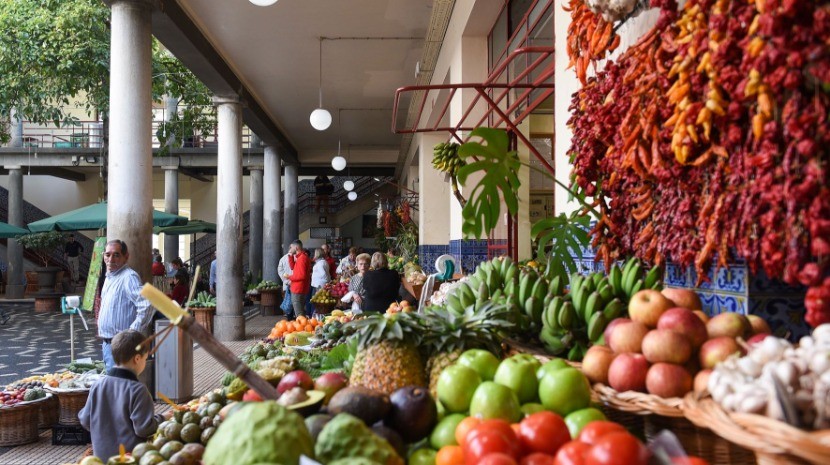One in five parents surveyed in a European study reported that their children started consuming more salty and sweet snacks during the pandemic, despite eating fruit (10.3%), vegetables (7%), and dairy products (10.8%) more often.
The World Health Organisation (WHO) study “The impact of the Covid-19 pandemic on the daily routine and behaviours of school-age children in Europe: results from 17 Member States,” presented this week in Lisbon, gathered data from almost 55 thousand families and children, most of whom are boys (51.8%) and eight-year-old children (54.8%).
Coordinated by the Ricardo Jorge National Institute of Health (INSA), the study aimed to understand the impact of the Covid-19 pandemic (2020-2022) based on parents’ perception of six dimensions: Food consumption, family behaviours, physical activity, and sedentary behaviours, characteristics of the family environment, child nutritional status, mental health, and well-being.
The study reveals that food consumption remained unchanged for 70 to 80% of children, but parents’ perception of their children’s nutritional status doubled for overweight (from 8% before the pandemic to 16% during the pandemic period) and the percentage of children perceived as having normal weight dropped from 82 to 73%.
Speaking to the Lusa agency, Ana Rito, an INSA researcher who led the study, pointed out as a positive aspect of the pandemic that there was an improvement in several family behaviours, such as “sharing family meals” (29%), “preparing meals together with the child” (30%) and “buying food in large quantities” (28%), instead of going to the supermarket.
“Although we never associate positive aspects with the pandemic, there were, in fact, one or two aspects that we have to highlight and one of them was the increased time spent with the family, which allowed children to become closer to their parents, especially when cooking meals. A habit that has been somewhat lost in today’s lifestyle changes.”
There were, however, “many other” aspects that “were not such positive changes at the time,” said Ana Rito, exemplifying that, although there was an increase in the consumption of fruits and vegetables in Portugal, very similar to the European average, and a decrease in the consumption of soft drinks and sugary products, it was found, on the other hand, that “children consumed much more sugary products of another nature, such as biscuits, cakes, and savoury snacks.”
Sedentary activities also increased “on a large scale,” with a decrease in the time children spent actively playing on weekdays (28%) and weekends (23%) and 36% increasing the time spent watching TV, playing video games or on social media.
More than a third of school-age children (34%) aged six to ten increased the time spent on learning at home, including teleschool, by more than three hours a day, with parents also reporting an increase in the number of hours of sleep for children on weekdays (15%) and weekends (17%).
“The significant increase in these sedentary activities, combined with the lack of opportunity for children to practice physical activity [due to confinement] was something that will certainly have had an impact on the nutritional status and health of these children,”, as well as the greater consumption of sugary products and junk food,” stressed Ana Rito.
Samantha Gannon
info at madeira-weekly.com
Views: 3







